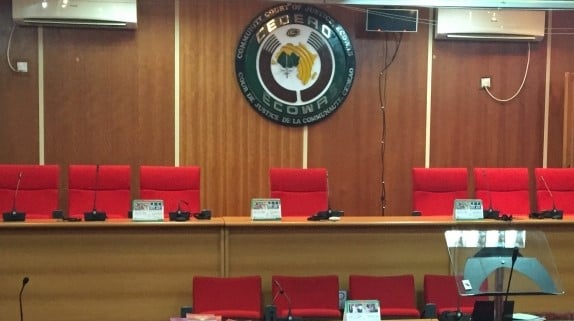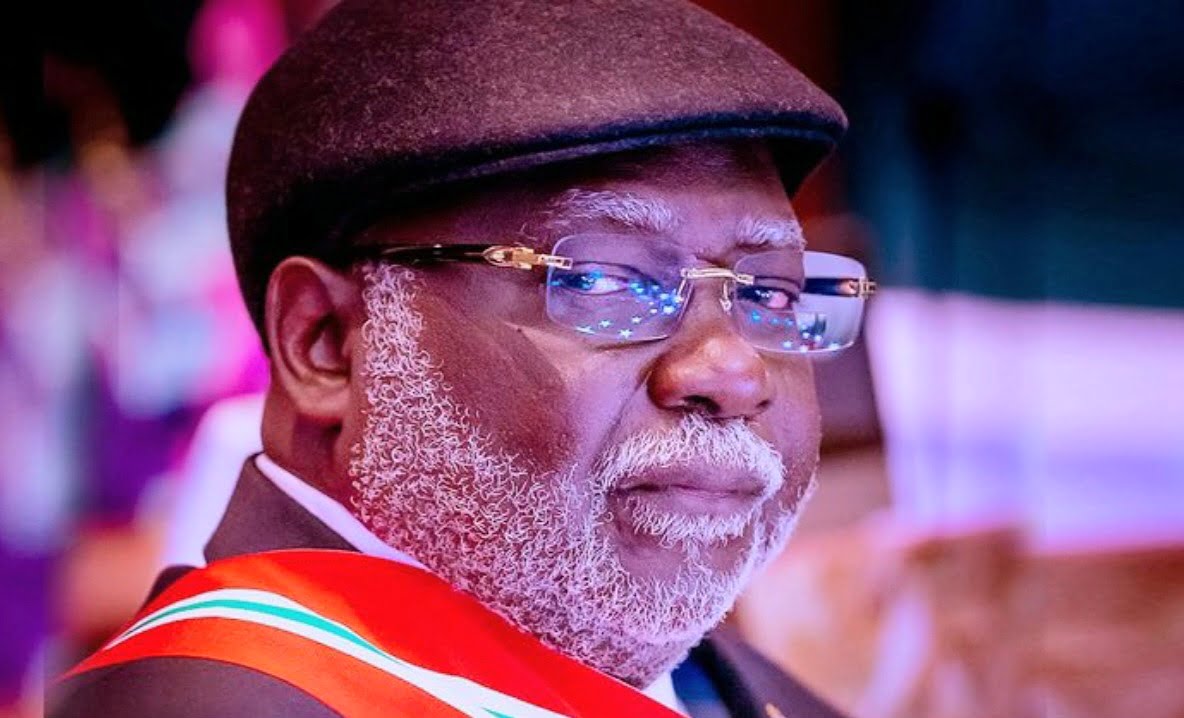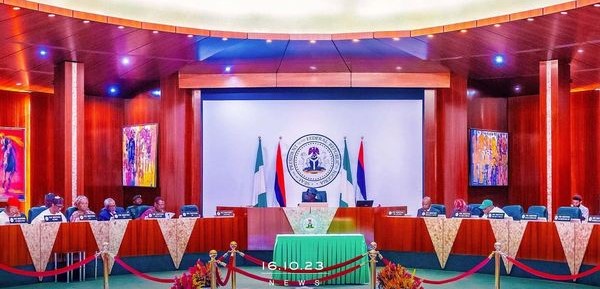The Economic Community of West African States (ECOWAS) court of justice has ordered the federal government to amend some sections of the Nigerian Press Council Act of 1992.
The court’s decision was communicated in a statement issued on Sunday.
Isaac Olamikan and Edoghogho Ugberease — two Nigerian journalists — had sued the federal government in 2021 for violating their rights to freedom of expression by imposing restrictive criteria for practicing journalism.
They added that the Nigerian Press Council Act of 1992 discriminated against online and citizen journalists and failed to recognise public interest media.
Advertisement
Delivering verdict on the matter, Dupe Atoki, judge rapporteur, declared that sections 19 (1)(a), 27 and 37 of the Act failed to recognise public interest media including rights of online and citizen journalists, thereby violating article 9 (1) of the African Charter on Human and Peoples’ Rights (ACHPR), and article 8 (1) and 10 (2) of the declaration of principles on freedom of expression in Africa.
“For example, Section 37 of the Press Council Act, puts the minimum age to practice journalism as 18 years of age, while to be qualified as an editor, requires a minimum of 25 years of age,” the judgment reads.
“Sections 19(a) and 27 of the Act imposes educational qualifications and compulsory courses of attendance and training before a person can be recognized and allowed to practice as a journalist.”
Advertisement
The journalists had alleged that Nigerian security operatives arrested them separately at different locations while they were investigating and gathering information for their journalistic work.
The duo said their arrests and detention were unlawful and breached their rights, and urged the court to order the government to pay them $1 million as damages.
In its defence, Maimuna Shiru, director of civil litigation at the federal ministry of justice, and the government’s counsel in the case, said rights to information and freedom of expression were not absolute.
Shiru countered the journalists’ allegations that they were unlawfully arrested and detained by government agents, saying the arrests had national security implications.
Advertisement
Although the judgment denied the journalists’ request for $1 million as compensation, the court acknowledged the impact of technology in the evolving media space with the advent of online journalism.
Add a comment






